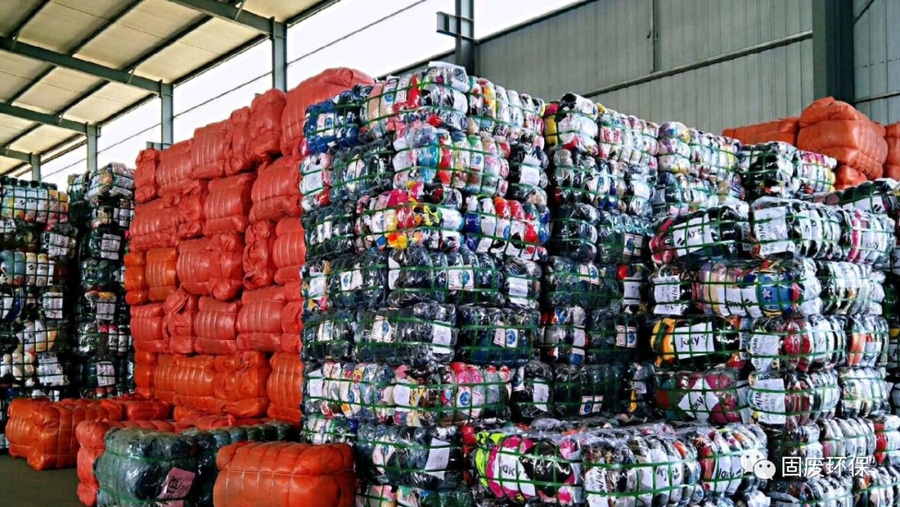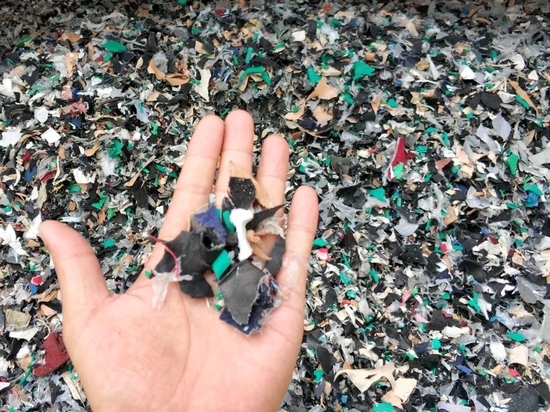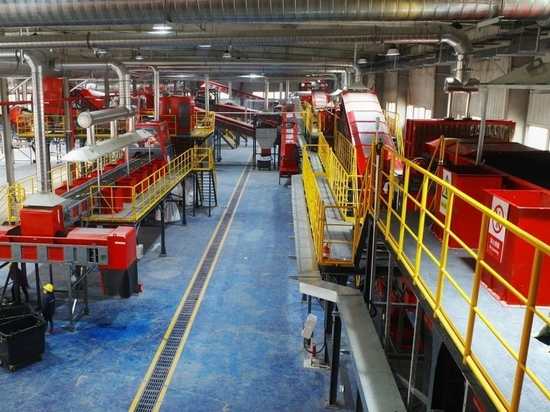
#Industry News
Good News: Biomass SRF Alternative Fuel Processing Systems Project Has Started
A Good Way for Cement Industry to Reduce Coal Cost
In recent years, the cement industry market has been sluggish, and many cement companies are facing greater cost pressure. At the same time, under the requirements of dual carbon goals and green development, they’re about to be included in the carbon trading system and reduce the use of fossil energy.
A large domestic cement company has taken precautions and focused its attention on biomass SRF alternative fuel. Based on local agricultural and forestry wastes, such as straw, waste bamboo and other “waste” piled up in mountains, it combined Harden Machinery’s SRF alternative fuel preparation technology and successively invested in the construction of two sets of biomass SRF alternative fuel processing systems. Currently, both projects have been put into operation.
According to the actual application needs of customers and the characteristics of agricultural and forestry wastes such as straw and waste bamboo, Harden Machinery R&D team has optimized and adjusted solutions many times to continuously improve equipment performance while reducing equipment energy consumption and usage costs to ensure that customers efficient and stable production operations.
The system adopts a transverse feeding method, uses a high-speed crusher for fine crushing, and is equipped with environmental protection equipment such as dust removal and magnetic separation to prepare agricultural and forestry waste into SRF alternative fuel.
Capacity: 15 T/H. It can process about 100,000 tons of SRF alternative fuel every year, which can save about 50,000 tons of coal.
According to statistics, every 1.5 tons of SRF alternative fuel used can reduce 1 ton of raw coal, thereby reducing 2.25 tons of CO2 emissions. If 40% of alternative fuels are used in cement production, approximately 100,000 tons of carbon dioxide will be emitted per 1 million tons of clinker produced.
The two projects can consume 200,000 tons of agricultural waste every year. On the one hand, they actively solve the problem of agricultural and forestry waste disposal. On the other hand, the prepared alternative fuels can also save coal and reduce carbon, reducing corporate costs, and thereby achieving economic and environmental benefits.





